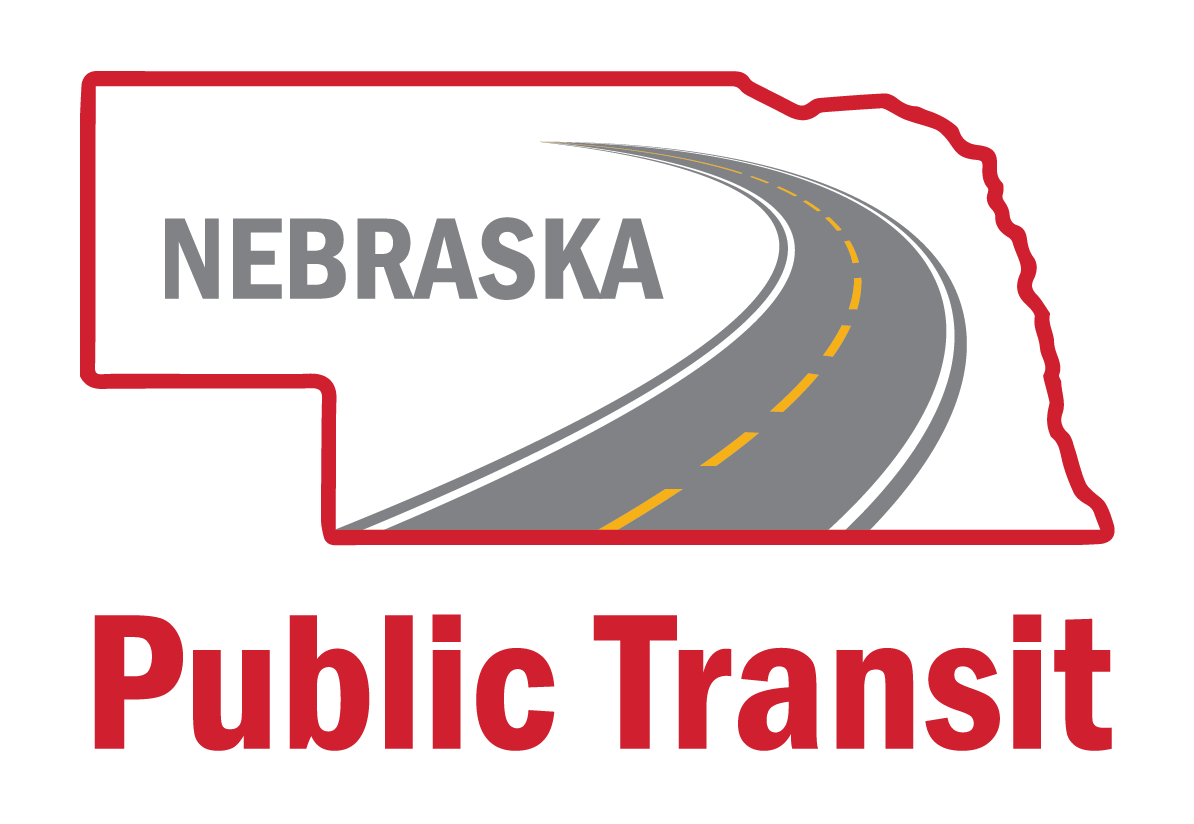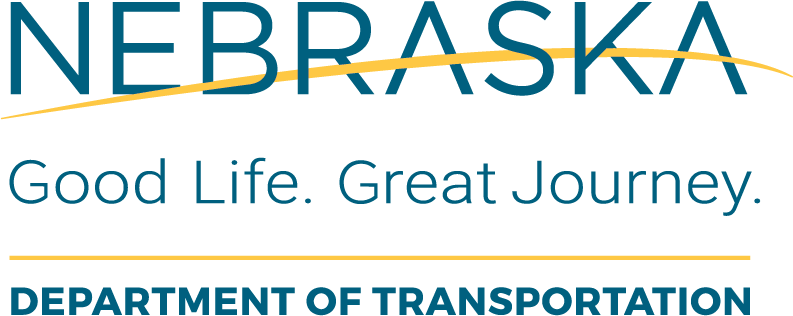NEBRASKA TRANSIT RESEARCH
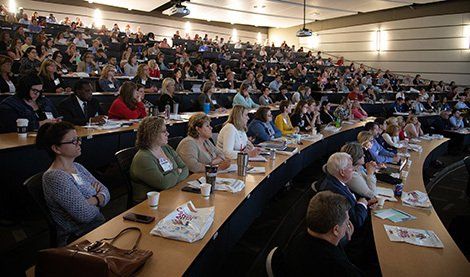
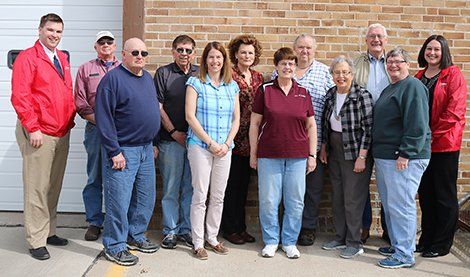
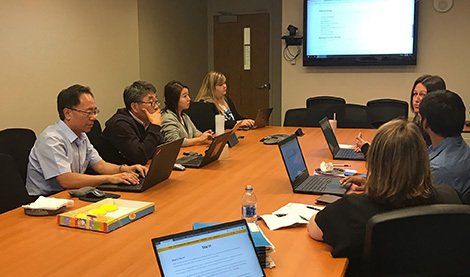
March 2023 | Transit Driver Recruitment and Retention
Driver recruitment and retention continues to be a challenge for many transit agencies across Nebraska. In an effort to address this problem a survey of drivers was conducted November-December 2022. In the report you will find data about length of time they have worked and plan to work in transit, how drivers feel about recognition, training, and feedback, and important things to consider to recruit and retain drivers. In addition to the report, the team has created a video to aid agencies in their recruitment and retention efforts.
View the Recruitment and Retention of Nebraska's Transit Drivers Report
May and June 2022 | Transit Employee Wage Data
In response to a request for wage data for employees of Nebraska public transit agencies, data was compiled from the Nebraska Transit Portal on monthly wages and non-pay related employee expenses paid to a range of positions. A survey was also conducted May 4, 2022 through June 1, 2022 of transit agencies to compile driver-specific data.
View the Summary of Wage Data Report
View the Driver Wage Data Report
September 2020 | COVID-19’s Impact on Nebraska Rural Transit Service
The COVID-19 pandemic is having an unprecedented impact on our society in numerous ways, including, the ways in which public services are provided. Rural transit services are no exception.
May 2020 | Transit Return on Investment
This Metropolitan Area Planning Agency (MAPA) study evaluates the “business case” for expanding regional transit in the region. The study addresses the key question: How can our decisions around transit and land use yield economic returns for the Greater Omaha economy?
This study was not conducted by Nebraska Public Transit, Nebraska Department of Transportation, or University of Nebraska at Omaha Center for Public Affairs Research.
October 2019 | Vanpool: Connecting the Workforce to Work
This analysis explores the costs, benefits, and opportunities of vanpool in Nebraska. The analysis was commissioned by the Nebraska Department of Transportation. Some of the data used in the analysis was provided by NDOT and their partner in providing vanpool services in Nebraska, Commute with Enterprise.
April 2019 | Who Needs a Ride in Nebraska?
An analysis of ACS and Census data reveals why public transit is important across Nebraska.
April 2019 | Coordinating Public Transit in Central Nebraska
An online survey measured stakeholders’ interest and support for public transit coordination between Grand Island, Hastings, and Kearney.
April 2019 | Nebraska Rural Transit Gap Analysis
A study quantified the gaps between transit demand and supply in rural Nebraska for two of the most common public transit services: intercity bus and demand response.
April 2019 | Nebraska Public Transit Website Redesign
This project examined how analytics influenced the redesign of a public service website.
April 2019 | Facebook Page Network Visualization
A visual depiction of the social network for Nebraska Public Transit’s Facebook page and accompanying data on the page’s performance.
March 2019 | Economic Impact of Transportation
This research shows how the transportation industry drives broader economic success in Nebraska.
March 2019 | Drivers’ Perspective on Rural Transit in Nebraska
During training sessions offered over a six month period public transit drivers were surveyed regarding rural transit services they provide across the state.
February 2018 | Vehicle Access Challenges
In Nebraska there are tens of thousands of residents who do not have access to a vehicle. Due to preference, financial limitations, disability, or other reasons, they do not have a personal vehicle to transport them to their destination.
View Vehicle Access Challenges in Nebraska
November 2014 | Rural Transit: UNO Policy Brief for the Nebraska Legislature
Rural Nebraska is served by a variety of transportation services, including rural public transit, intercity bus service, Amtrak, and air service, as well as private vehicles. Despite this, many rural Nebraskans have no or limited access to transportation services.
August 2014 | Mobility Management: Empirical Evidence of Fiscal Benefits from Multiple States
Mobility management can be defined as a strategic approach to transportation service coordination that improves efficiencies and increases transportation options to meet the needs of the public. What follows are examples of the benefits derived from successfully implemented mobility management projects.
View Mobility Management White Paper
For questions about research on rural public transit contact the UNO Center for Public Affairs Research:
Josie Schafer, Director
jgschafer@unomaha.edu
402-554-2134
Nebraska Department of Transportation
1400 Nebraska ParkwayLincoln, NE 68502
All Rights Reserved | Nebraska Public Transit, Nebraska Department of Transportation
